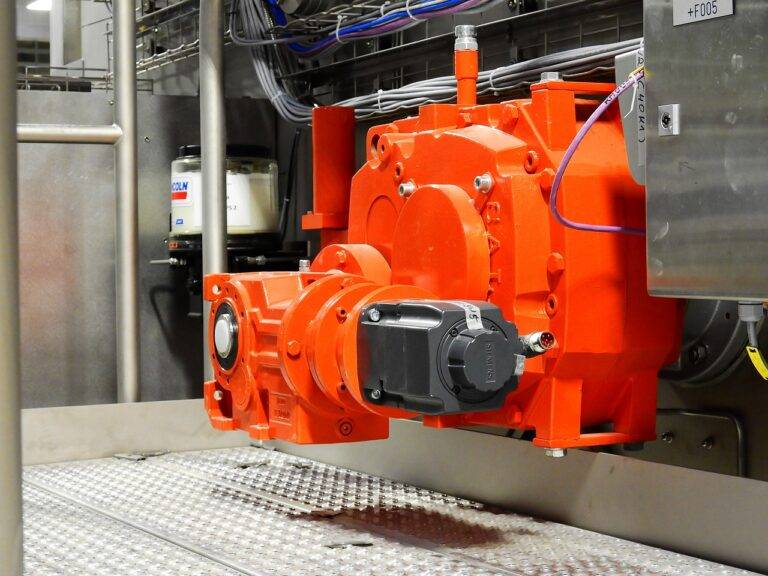The Future of Tech in Intelligent Transportation Systems
In the field of transportation, the integration of advanced technology poses numerous challenges. One of the primary obstacles is the high initial cost associated with implementing cutting-edge technologies such as autonomous vehicles or smart traffic management systems. Many transportation agencies are constrained by limited budgets and may struggle to secure the necessary funding for these expensive projects.
Additionally, the complexity of integrating various advanced technologies into existing transportation infrastructure can be a significant challenge. Coordinating different systems and ensuring seamless communication between them often requires a high level of technical expertise and resources. This can lead to delays in implementation and increased project timelines, further complicating the adoption of advanced technology in transportation systems.
Potential Benefits of Integrating Artificial Intelligence in Transportation
Artificial intelligence (AI) holds immense potential for revolutionizing transportation systems. Integrating AI into transportation can lead to improved traffic management, enhanced safety measures, and more efficient resource allocation. By leveraging AI algorithms, transportation networks can dynamically respond to real-time data, thereby reducing congestion and optimizing routes for all modes of transportation. Additionally, AI-powered systems can analyze vast amounts of data to predict traffic patterns, accidents, and maintenance needs, enabling proactive measures to be taken before issues arise.
Moreover, the integration of AI in transportation can facilitate the development of autonomous vehicles, which have the potential to significantly reduce road accidents and enhance mobility for individuals with limited access to transportation. AI-driven automation can help increase the efficiency of public transportation systems, reduce travel times, and lower emissions by optimizing vehicle speeds and energy consumption. With the continuous advancements in AI technology, the transportation sector stands to benefit greatly from the innovative solutions that AI can offer.
What are some challenges in implementing advanced technology in transportation systems?
Some challenges include high costs of implementation, resistance to change from traditional systems, and concerns about data privacy and security.
How can artificial intelligence benefit the transportation industry?
Artificial intelligence can improve efficiency, reduce traffic congestion, enhance safety, and provide personalized services to passengers.
Will integrating artificial intelligence in transportation lead to job loss?
While AI may automate some tasks, it can also create new job opportunities in areas such as data analysis, system maintenance, and customer service.
How can artificial intelligence help with traffic management?
AI can analyze real-time data to optimize traffic flow, predict congestion, and suggest alternative routes for drivers.
What are some examples of companies using AI in transportation?
Companies like Tesla, Uber, and Waymo are using AI for self-driving cars, route optimization, and predictive maintenance in their transportation services.





